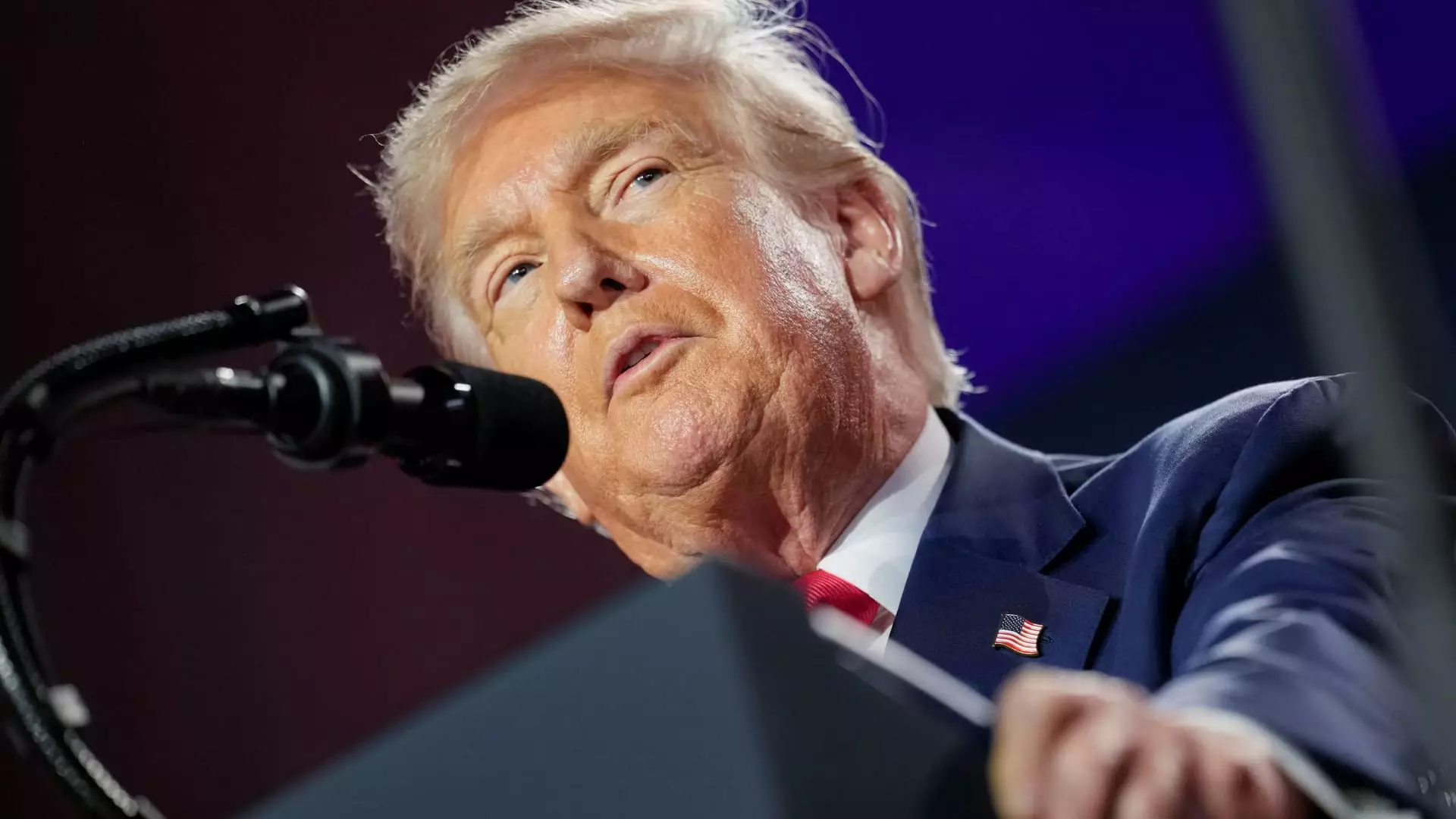In a striking display of executive overreach, President Donald Trump’s recent visit to the Federal Reserve headquarters exposes a troubling trend: the erosion of independent monetary policy in favor of politicization. While central banks are designed to operate free from political pressure to ensure economic stability, Trump’s unannounced inspection and vocal criticisms threaten to undermine this delicate balance. This spectacle isn’t merely a show of arrogance; it’s a direct attack on the foundational principles that safeguard the economy from arbitrary political whims. When a sitting president publicly laments the Fed’s decisions and demands rapid rate cuts, it signals a dangerous misconception—that monetary policy can be wielded as a political toolkit rather than a macroeconomic instrument grounded in expertise and stability.
This episode also reveals a fundamental misunderstanding of the Fed’s role. Contrary to Trump’s portrayal of the institution as mismanaging funds or being overly extravagant in renovation projects, the Fed’s independence is vital for controlling inflation, fostering employment, and maintaining financial stability. The legitimacy of this independence is anchored in a legal landscape that recognizes the importance of insulation from short-term political pressures. Trump’s boldness, including his threats to replace or dismiss Chair Powell, challenges this legal and institutional doctrine, risking long-term damage to the credibility of American monetary policy.
The Risks of Politicizing Economic Decision-Making
The spectacle of a president publicly pressuring the Federal Reserve underscores a broader philosophical debate about the role of political authority in economic policymaking. While listening and accountability are essential, there’s a fine line between oversight and interference. Trump’s insistence that Powell lower interest rates “immediately” is not merely an opinion but an assault on the prudence-driven decision-making processes that characterize central banking. Such pressure can lead to destabilizing policies—short-term gains at the expense of long-term economic health.
Moreover, the obsession with the cost and spectacle of renovation projects at the Fed’s buildings, criticized by administration figures, diverts attention from the critical role of monetary policy and its independence. It’s a symbolic political attack that underscores a broader tendency among some in leadership to view institutions as mere extensions of executive power, rather than autonomous bodies governed by expertise. This attitude endangers the checks and balances that protect the economy from capricious politicking—a risk that could have far-reaching consequences for future generations.
Challenging the Myth of Central Bank Subservience
Trump’s actions, including his visit and vociferous critiques, highlight a misconception that the Fed’s operations are subordinate to presidential whims. This misunderstanding ignores the legal and institutional safeguards developed over decades, which aim to ensure the central bank functions independently of partisan politics. While executive oversight is necessary, it must not cross into overt manipulation.
The recent Supreme Court ruling affirming the Fed’s independence marks a legal bulwark against such interference. However, words and actions from the highest office can erode public trust and provoke a culture where monetary policy becomes a battleground for political interests. This dynamic is troubling because it diminishes the credibility that the Fed has painstakingly maintained—a credibility crucial for markets, investors, and the overall economy.
A Call for Balance, Not Bluster
While critics of the Fed often complain about its decisions, the answer isn’t to undermine its independence through threats and public shaming. A healthy democracy requires that economic institutions operate free from undue partisanship, guided by expert advice rather than political expediency. Leaders must understand that attempting to control or intimidate the Fed risks triggering inflation, financial volatility, and reduced public confidence.
A centrist approach advocates for scrutinizing the Fed’s fiscal oversight and ensuring transparency, but not at the expense of independence. Elevating political debates over economic fundamentals jeopardizes the stability that millions rely on. It is essential for the future of sound monetary policy that leaders recognize the importance of a nonpartisan Fed—one that functions as intended: as an autonomous guardian of the nation’s financial health, immune to impulsive political pressures that threaten to destabilize the economy’s fragile equilibrium.


Leave a Reply